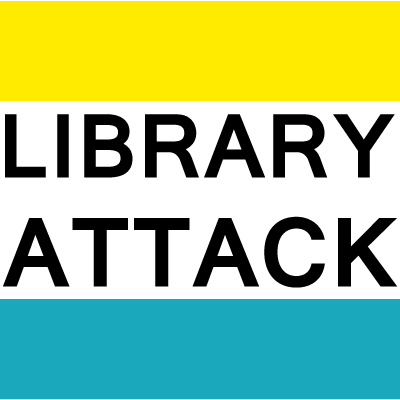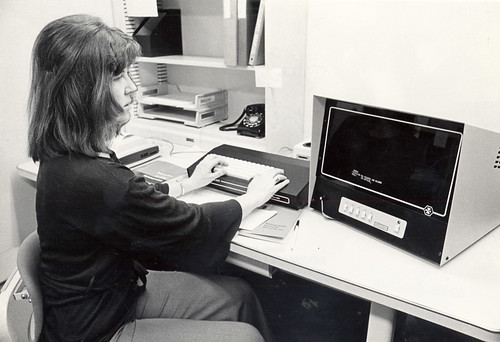One thing that stuck with me from IDCC14 was the issue of training and continuing education for digital curation for people out of school. Mid career, early career, established career professionals could benefit from continuing education in the field.
There was a session at the conference that focused on improving SLIS curricula to prepare new grads to be equipped for the future. Some bullet points I took away from the panel:
- Comparing CS and LIS grads – CS degress are more in demand (read: jobs) than LIS. LIS programs continue to produce more degrees than jobs.
- LIS grads want more programming, change management, and engagement with scientific communities.
- There is work to be done wrt keeping skills up-to-date, and drawing distinctions and roles within jobs.
- Who should we be attracting to data curation? Most STEM grads want to be researchers, not curators.
My main takeaway from the session was the implicit mindset that for most people already out of grad school the ship had sailed and we’re a lost cause. Well, not all of us. Some already had the background (STEM, programming, tech) or were curious and self-motivated enough to develop the skills. Everybody else, they were out of luck.
Then today I saw this tweet from @LibSkrat:
Acad libs just HAVE to get past this idea that the only way new knowledge and skills enter the library is by hiring.
— Ondatra libskoolicus (@LibSkrat) March 11, 2014
It addresses the same problem from a different angle. We need change and new skills? Let’s just hire out of that problem. In some situations, such as natural attrition through retirements, this is happening. But what about the rest of us? Do we have to go back to school?
That’s one option, especially with certificate programs popping up at several SLIS programs. For those with the money and time, this could be a good investment. For people who can’t fully commit yet, there are MOOCs, which is also good. I think ultimately there will need to be many approaches to fit the different needs of the group.
Ultimately though, it’s the attitude that these skills must be formally taught and developed in school is disappointing. It lets people off the hook for their own professional development by implying they can’t do it informally. It’s a cop out in a way. I can easily see a colleague shrugging their shoulders, “I can’t do digital curation because I didn’t learn about that in school.” And while there is some work being done to educate current professionals on how to translate their skills to this new area, as long as there is the attitude of “we can hire for innovation, ” we’re going to hold ourselves back. Is this what happened when library automation stormed on the scene? I really hope not.
While we do need to revamp SLIS curricula to meet the changing needs of the workforce, we also need to encourage, support (with time and money), and promote learning within our profession. Of course, there are some people who push back, and I think it’s appropriate to call them out on their abdication of professional development. This means we need opportunities to grow, so let’s get on it.
(This isn’t even touching the false assumption that all new SLIS grads are tech geniuses who want to hack everything.)


Leave a Reply